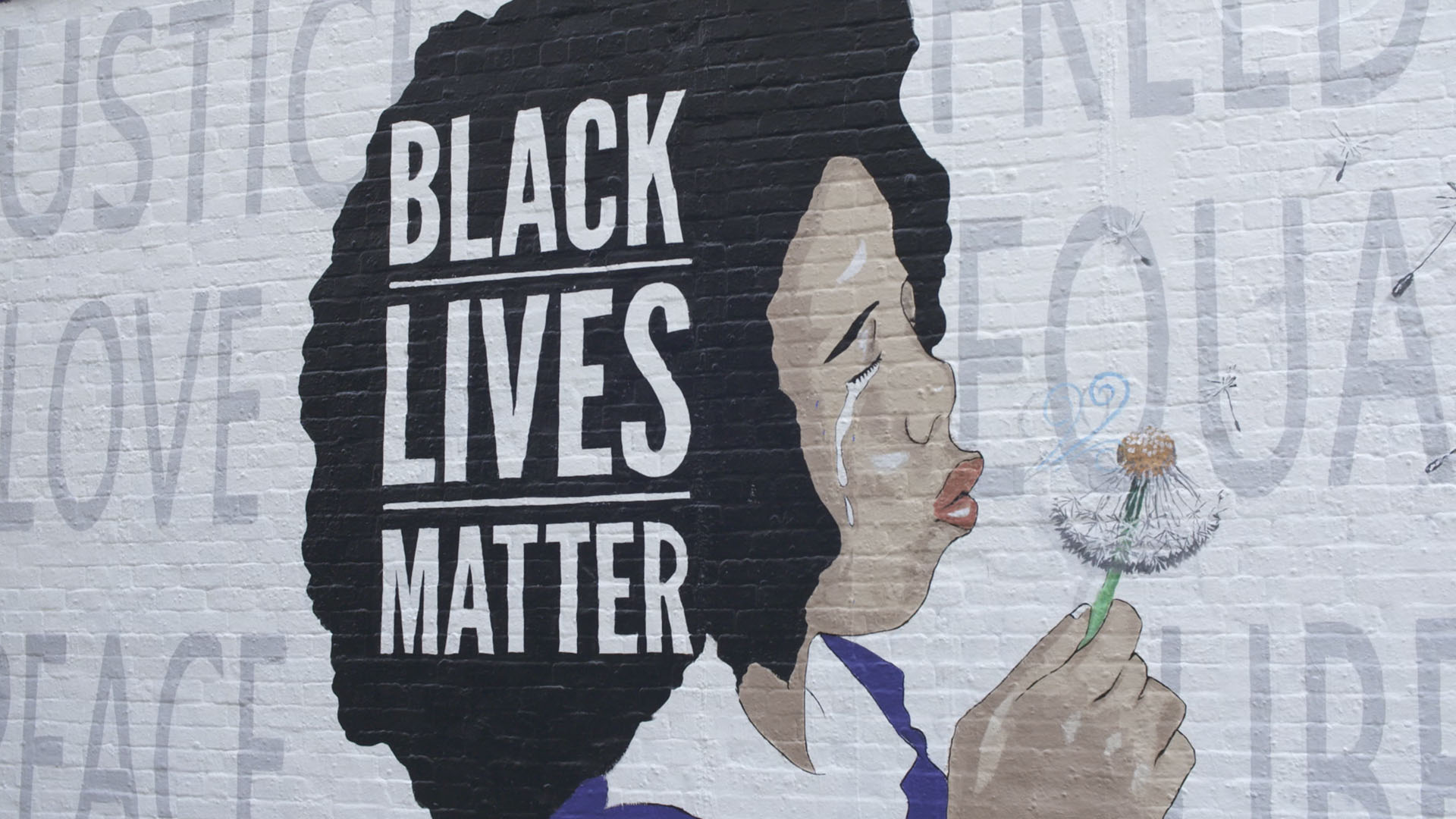 A Black Lives Matter mural painted by Robbie Lee Harris June 2020 at Tucson's Rialto Theatre.
A Black Lives Matter mural painted by Robbie Lee Harris June 2020 at Tucson's Rialto Theatre.
Andrés Portela III describes Juneteenth as his Independence Day, his Christmas morning and his Thanksgiving. It's a day to celebrate Black independence, culture and family. It's also a time to remember and mourn.
Tucson would have celebrated its 50th Juneteenth as a city this year, but the pandemic upended the plans of Portela and other Juneteenth committee members to host "one of the biggest parties that [they] possibly could have thrown." They canceled the event and postponed the the 50th celebration till 2021. Portela, who works in the city's Ward 1 office, said though he respects observing proper health precautions during the pandemic, he believes it's still important for individuals to honor the day.
This year marks the 50th Tucson would have celebrated the holiday as a city, but the pandemic upended the plans of Portela and his other Juneteenth committee members to host "one of the biggest parties that [they] possibly could have thrown." They canceled the event and postponed the the 50th celebration till 2021. Portela, who works in the city's Ward 1 office, said though he respects observing proper health precautions during the pandemic, he believes it's still important for individuals to honor the day.
"African Americans and Black folk in general, we have to wake up to a continuous cycle of seeing people who look like us dead on the news. For Juneteenth, my hope is that we can heal together and find joy in our moments," Portela said.
The holiday marks the day in 1865 when African American slaves in Galveston, Texas, learned from Union soldiers they were free. For two and a half years after President Abraham Lincoln signed the Emancipation Proclamation these free Americans had not heard that slavery had been abolished.
"Juneteenth is our Fourth of July. It's our cookout in the park, our black Coachella, our Disneyland with no rides, but it's also our Memorial Day," Portela said in an essay on Arizona Spotlight June 11.
"Juneteenth is our Fourth of July. It's our cookout in the park, our black Coachella, our Disneyland with no rides, but it's also our Memorial Day" Andrés Portela III
This year's celebrations may not have the large community cookouts, as people socially distance during the pandemic, but Portela said it's an opportunity for change. He said with the pandemic and Black Lives Matter protests, he's calling this time the "Great Awakening" — a time when Black Americans are sharing their grief, anger and joy with others.
"I think Arizona with our checkered past — this is a great moment for us to really just begin to understand who our neighbors are," Portela said.
He said while growing up in Sierra Vista he rarely saw other Black Americans, even though the city has an estimated 2-4% more Black and African American residents than Tucson does with approximately a [5% Black and African American population]. He said it's "like literally being in the desert."
He described Juneteenth as a day of belonging.
"When you're between 4-6% of the population and rarely see people who look like you and you have that shared holiday and that shared cultural experience, it's important that you elevate those experiences, because we don't have comprehensive civil rights education in our schools," Portela said.
Throughout the city there are smaller, socially distanced or virtual events with music, art or education about systemic racism.
"Black community and culture is sharing our collective mourning, our collective anger, our collective joy, and ultimately, that's what Juneteenth has always been for us," Portela said.

By submitting your comments, you hereby give AZPM the right to post your comments and potentially use them in any other form of media operated by this institution.